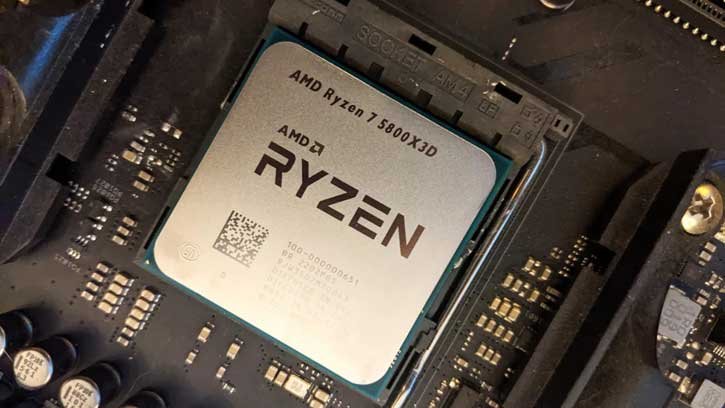High CPU usage while playing games on Windows is not a new thing. Lag, stuttering, and overall poor gaming performance are the outcome of it. There are several steps you can take to fix this issue and optimize your system for a smoother gaming experience. In this article, we will learn most effective solutions to reduce CPU usage while playing games on Windows 11 PC.
High-performance PCs and laptops are available for gaming with quality CPUs, memory and graphic cards. However, even top-tier gaming PCs encounter high CPU usage issues, especially in lower-end systems. To address this, follow some straightforward methods that can help you easily fix high CPU usage while playing games.

Table of Contents
How to Fix High CPU Usage When Playing Games
1. Update Graphics Drivers
Outdated or incompatible graphics drivers can often cause high CPU usage during gaming. To fix this, it is essential to keep your graphics drivers up to date. You can manually update the drivers by visiting the manufacturer’s website and downloading the latest version for your specific graphics card model. Alternatively, you can use driver update software that automatically scans and updates all your drivers.
2. Close Unnecessary Background Processes
Running multiple background processes can consume valuable CPU resources, resulting in high CPU usage during gaming. To minimize this, it is recommended to close any unnecessary programs and processes running in the background. You can do this by using the Task Manager. Simply press Ctrl + Shift + Esc to open the Task Manager, go to the “Processes” tab, and end any processes that are not essential for your gaming experience.
3. Adjust Power Settings
Windows has various power settings that can impact CPU performance. By default, the power settings are often set to a balanced mode, which may not provide optimal performance for gaming. To fix this, you can adjust the power settings to prioritize performance over power saving. Here’s how:
- Open the Control Panel and navigate to “Power Options.”
- Select the “High Performance” power plan.
- If the “High Performance” plan is not available, click on “Show additional plans” and select it from the list.
4. Disable CPU-Hungry Processes
Some processes and services running in the background can be particularly CPU-intensive and may not be necessary while gaming. To reduce CPU usage, you can disable these processes temporarily. Here’s how:
- Open the Task Manager by pressing Ctrl + Shift + Esc.
- Go to the “Processes” tab and identify any processes consuming a significant amount of CPU resources.
- Right-click on the process and select “End Task” to disable it temporarily.
5. Adjust In-Game Settings
The graphics settings within the games themselves can also have a significant impact on CPU usage. Lowering certain settings, such as the resolution, texture quality, and anti-aliasing, can help reduce the CPU load while still maintaining an enjoyable gaming experience. Experiment with different settings to find the optimal balance between performance and visual quality.
6. Upgrade Your Hardware
If you have tried all the software-based solutions and are still experiencing high CPU usage while gaming, it may be time to consider upgrading your hardware. Upgrading your CPU, adding more RAM, or installing a more powerful graphics card can significantly improve gaming performance and reduce CPU usage.
Conclusion
High CPU usage while playing games on Windows can be a frustrating issue, but it is not insurmountable. By following the steps outlined in this article, you can effectively reduce CPU usage and optimize your system for a smoother gaming experience. Remember to keep your graphics drivers up to date, close unnecessary background processes, adjust power settings, disable CPU-hungry processes, and optimize in-game settings. If all else fails, consider upgrading your hardware to further enhance your gaming performance.
